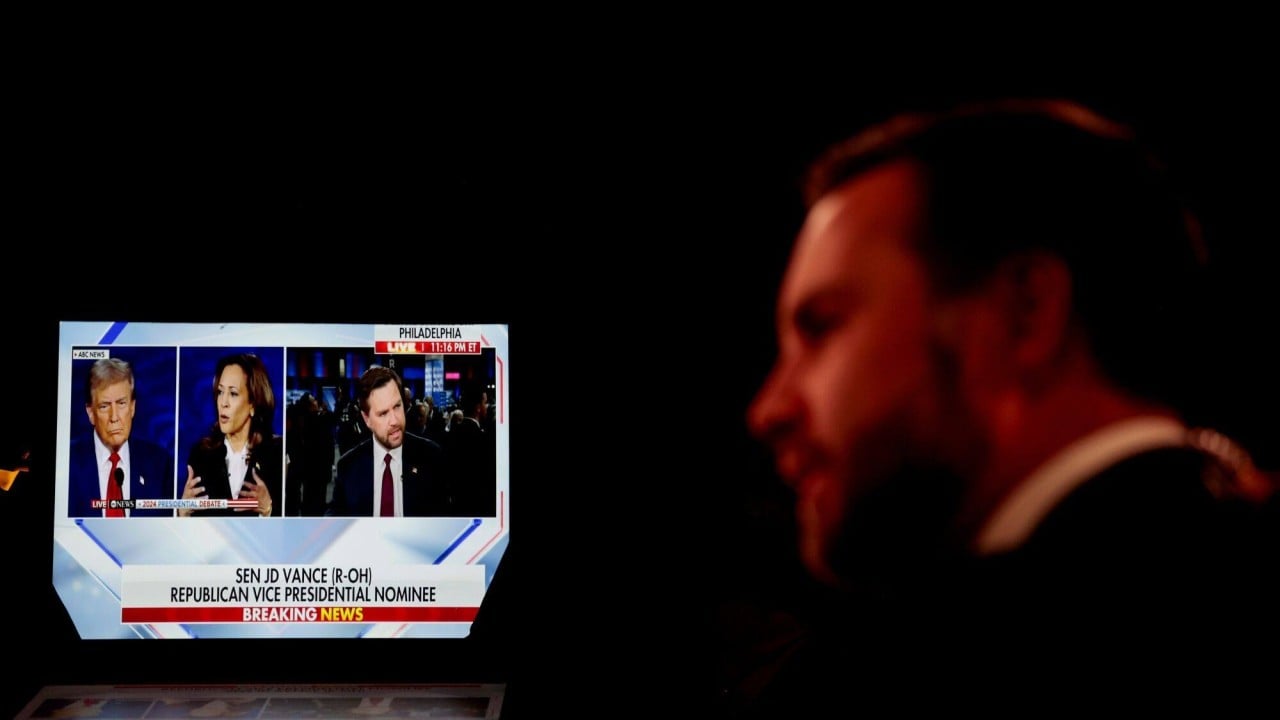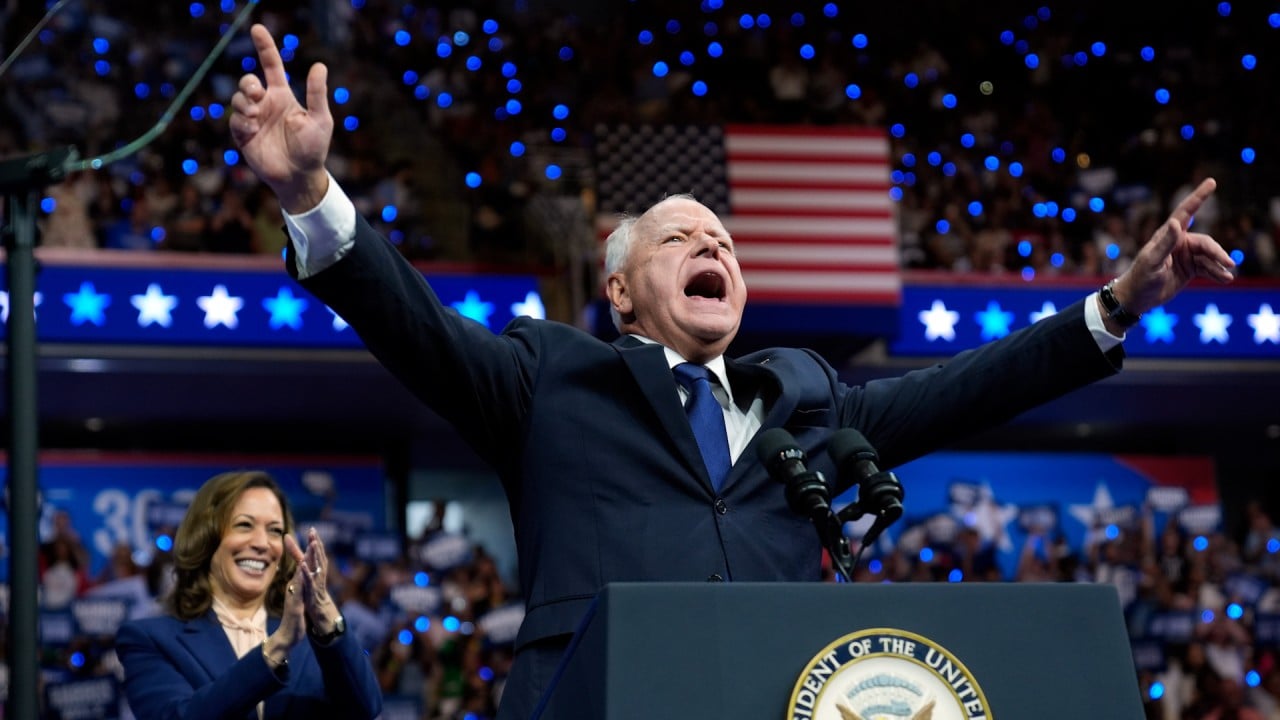This week’s vice-presidential debate between Democratic Governor Tim Walz and Republican Senator J.D. Vance might not be as consequential as June’s match-up between US President Joe Biden and his predecessor Donald Trump. However, it could still affect November’s election and have wider global implications in the coming years.
Advertisement
This is not least given the possibility on the Republican side that Trump could die or become incapacitated during a second presidential term, from 2025 to 2029, given his advanced age of 78. His challenger, Vice-President Kamala Harris, is 59.
History underlines the crucial role that vice-presidents, stepping up in the way Vance might have to, have played in times of geopolitical tensions, which today include Ukraine and the Middle East. Harry Truman exemplifies this: he was vice-president from only January to April 1945 before assuming the presidency after Franklin D. Roosevelt died soon after winning his fourth election.
Advertisement
Within weeks of entering the top job, Truman made several highly consequential decisions, including the dropping of atomic bombs on Hiroshima and Nagasaki. He also attended the landmark Potsdam conference with the Soviet Union and Britain to decide how to administer the defeated Nazi Germany.
In the nuclear age, the electoral stakes of selecting a deputy who is perceived to be capable of effectively assuming office is even higher. Take the example of the 2008 election when Republican nominee John McCain, then 71, made the decision to select the much younger, one-term Alaska governor Sarah Palin who was widely viewed at the time as too gaffe-prone to be a heartbeat away from the presidency.


